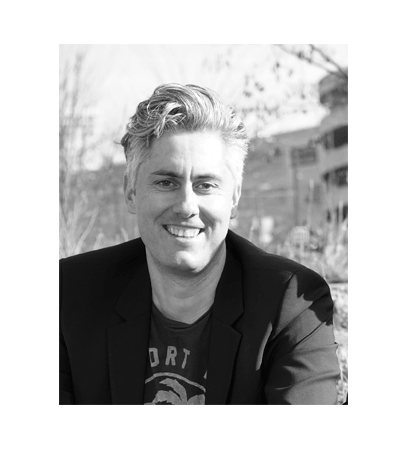- Jun 9, 2020
- 00:06:50
History of Science ON CALL: Sascha Roesler
- Sascha Roesler
- Research Communication and Management
- History of Science ON CALL: Listening, Attending, Acting
 Architectural theorist Dr. Sascha Roesler discusses the following questions for the History of Science ON CALL project:
Architectural theorist Dr. Sascha Roesler discusses the following questions for the History of Science ON CALL project:
- Why are cities the central venues where epidemiology and urban planning intersect?
- What does “social distancing” mean from the perspective of architecture and urban planning?
- What are the current challenges posed by the coronavirus for the planning disciplines?
- What are the implications of Covid-19 for the way the European city is planned in the future?
- Why are the humanities needed in the context of pandemic threats?
Profile: Sascha Roesler
Prof. Dr. Sascha Roesler is an architectural theorist, working at the intersection of architecture, ethnography, and science and technology studies. Since 2016, he has been the Swiss National Science Foundation Professor for Architecture and Theory at the Academy of Architecture in Mendrisio, Switzerland (Università della Svizzera Italiana). Roesler was appointed by SNSF to set up a new special research field on “architecture and urban climates." Within that framework, he leads a group of doctoral and postdoctoral researchers. Roesler, who holds a doctorate from the ETH Zurich, has published widely on issues of global architecture, sustainability, and relocation. His articles have appeared both in international and national journals such as Architectural Theory Review, Candide – Journal for Architectural Knowledge, ABE Journal – Architecture Beyond Europe and more. His books comprise the first global history of architectural ethnography: “Weltkonstruktion” (Berlin 2013), and “Habitat Marocain Documents” (Zurich 2015), a volume on the transformation of a colonial settlement in Casablanca.
About the History of Science ON CALL Project
History of Science ON CALL aggregates and amplifies two streams of information—Research and Education—relevant to crises, including chronic disasters. The Research stream consists of short-format video interviews while the Education stream seeks to aggregate and introduce known resources and materials—scholarship and teaching tools—in order to amplify their reach.
